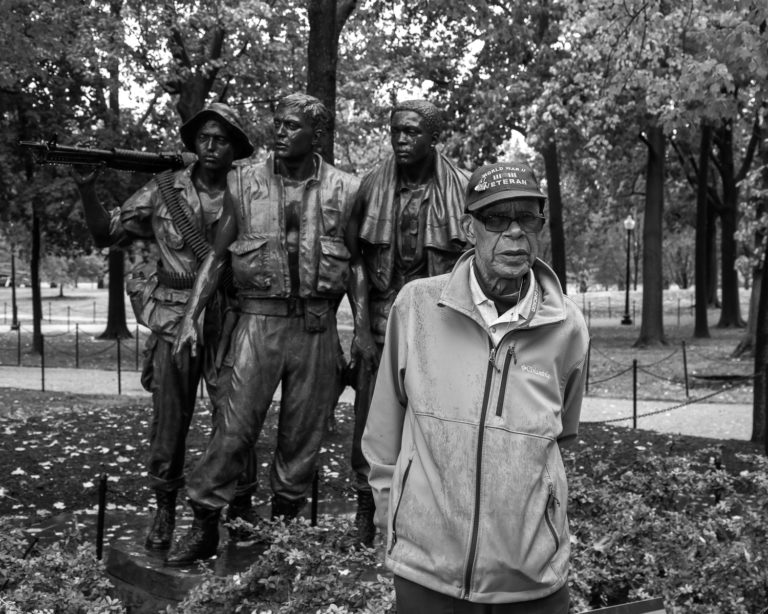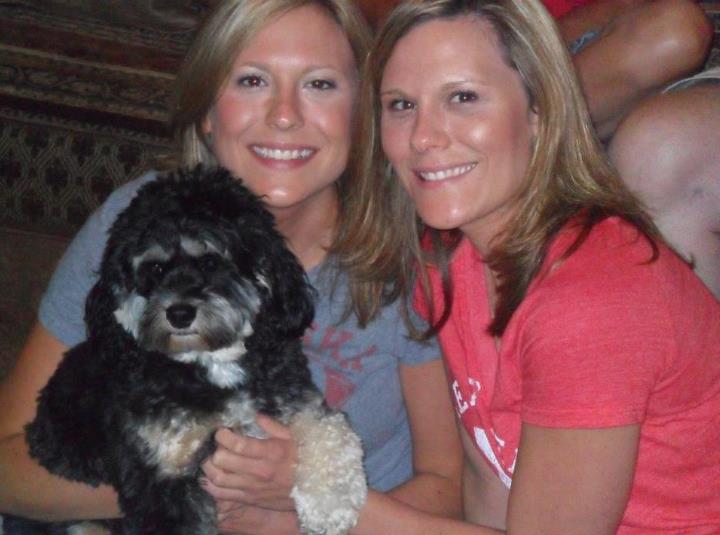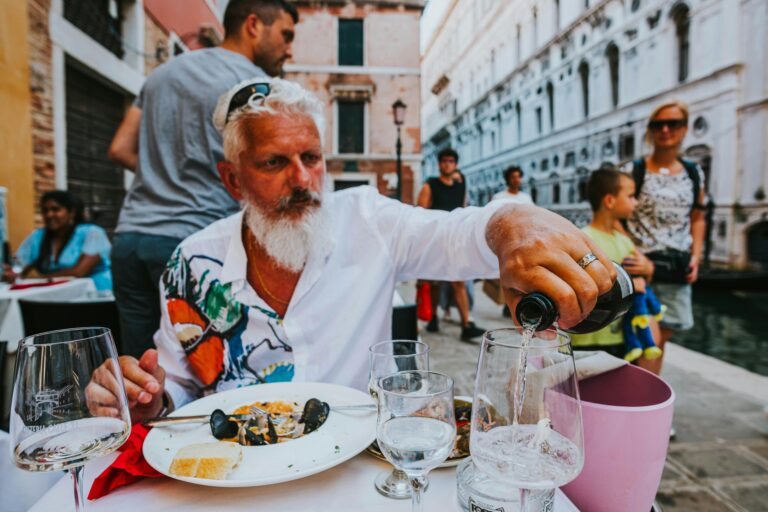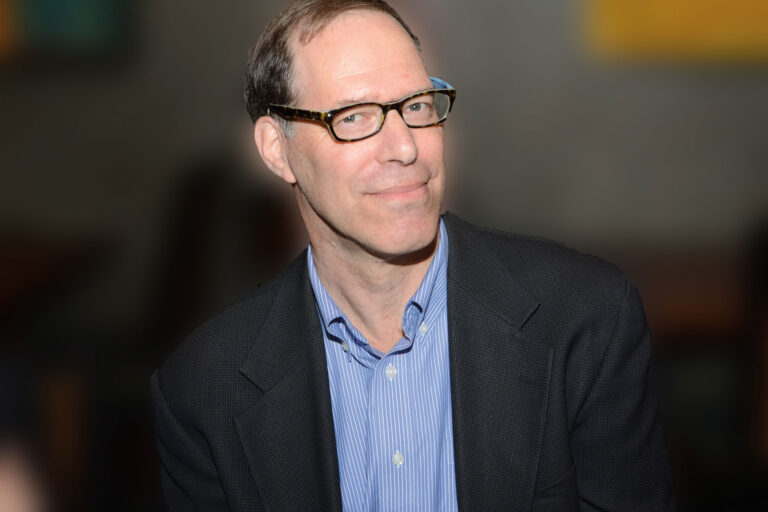
Marc is a communications consultant who takes complex topics and humanizes them to create engaging content that inspires action.
The Tuskegee Airmen were the first Black pilots in the United States military and flew about 1,500 missions during World War II. They were courageous, inspirational, and instrumental in the desegregation of the U.S. armed forces.
To Melvin Copeland, they were also family.
Copeland, now 96, arrived in Tuskegee, Alabama, for aviation training in late 1943. He wanted to fly, but at 6 foot 5 inches, he was too tall for the plane canopy to close. Instead, he became a munitions specialist and joined his fellow Tuskegee Airmen in Italy, where he spent more than a year loading weapons onto the Red Tails’ fighter jets.
He painfully recalls how his best friend, who was white, was critically injured in a parachute jump. The medics refused to use Copeland’s blood for a transfusion because he was Black.
“I wasn’t drafted. I joined the Army because I loved this country,” says Copeland, who returned home in 1945, one week after Germany surrendered. “When I got off the ship and the war was over, I stepped off and kissed the ground because I was proud to be an American.”
But now Copeland, who lives in Elgin, has some concerns. This is a man who moved from Mississippi as a boy because his dad refused to pay to vote. A man who marched with and learned from Martin Luther King Jr. A man who was a regional NAACP president and worked with the late Representative John Lewis to fight for civil rights.
“I’m aware and cognizant of the racial unrest going on in this country, and it bothers me,” says Copeland, a licensed clinical therapist who retired at age 90. “It’s conceivable I won’t see this country be the country that I fought for and that I was willing to give my life for. I’m proud to be an American, but I’m not proud of what’s going on in our society today.”
Despite his age and several bouts with cancer, Copeland remains in remarkable shape. He does two-hour-long workouts over the computer twice a week and only recently gave up lifting weights. The key to his good health, he says, is that he doesn’t eat salt and he refuses to sit still.
“If you don’t use it, you lose it,” he says. “That’s my philosophy for life.”













